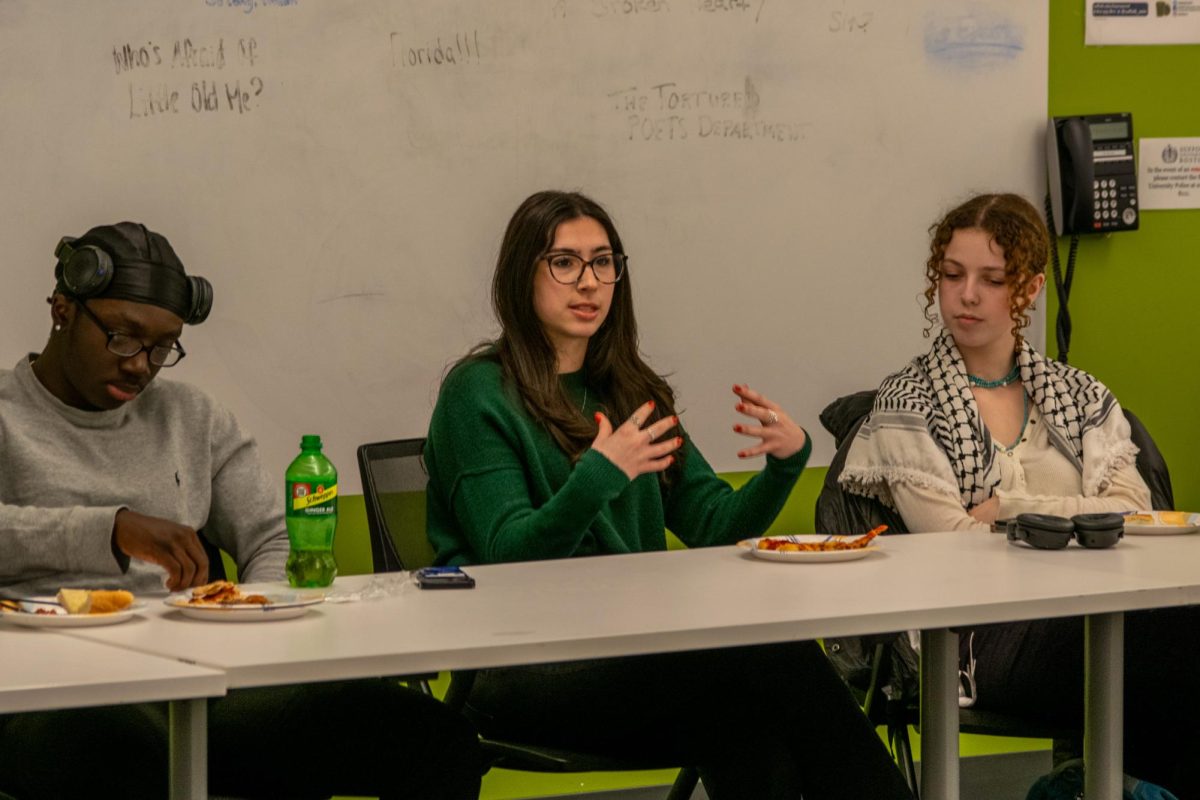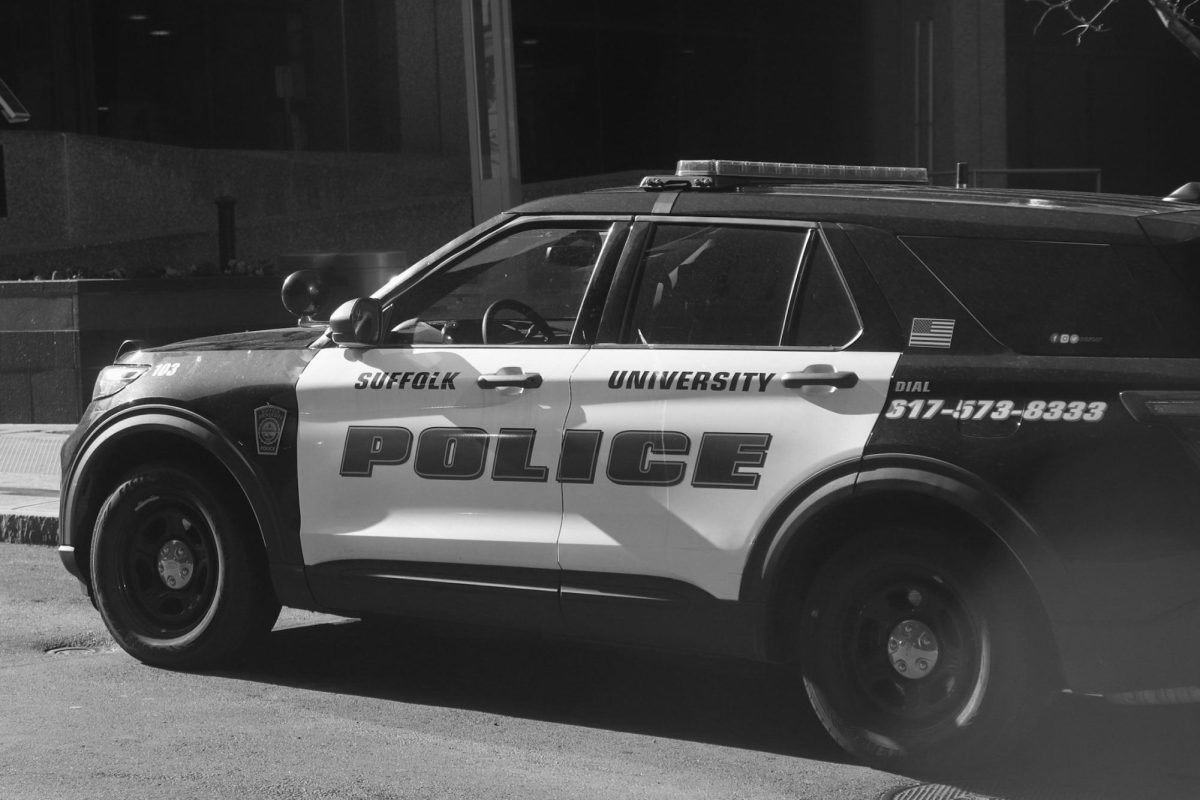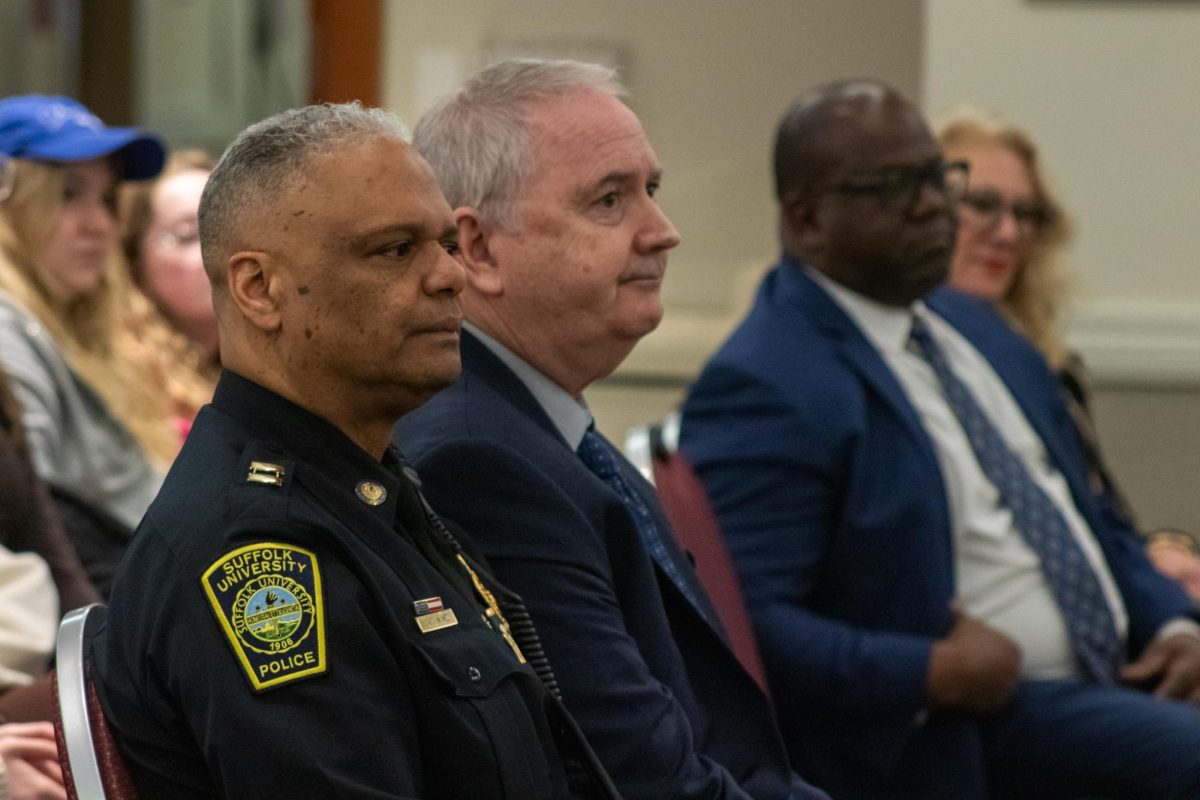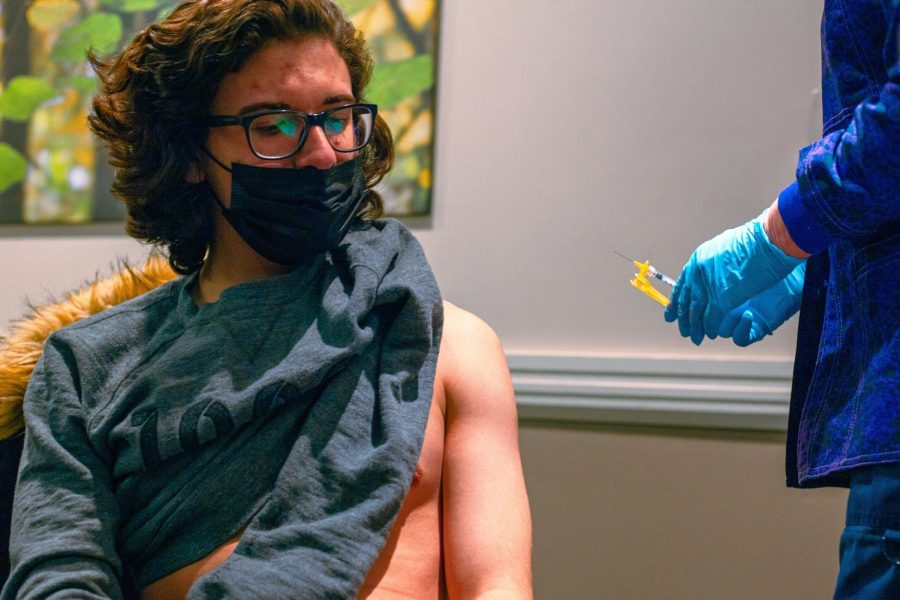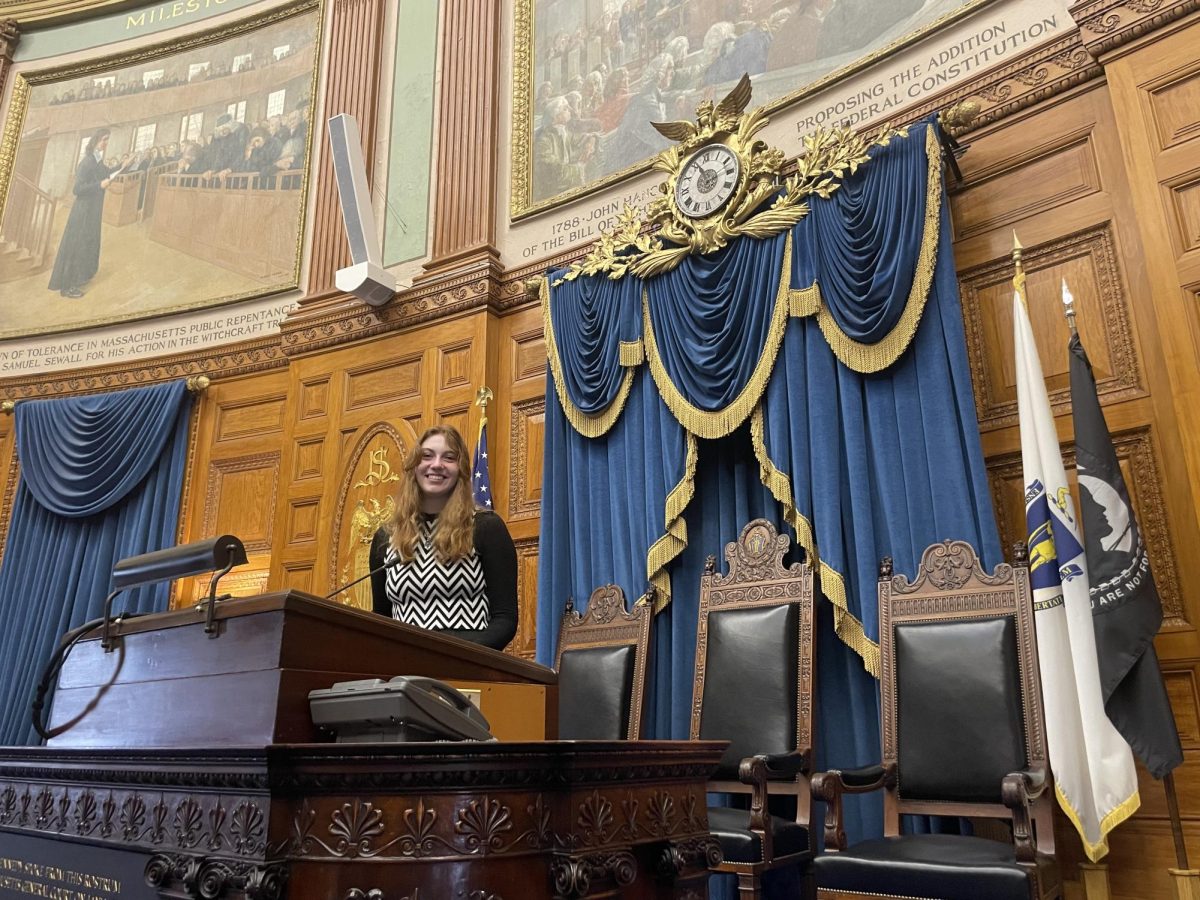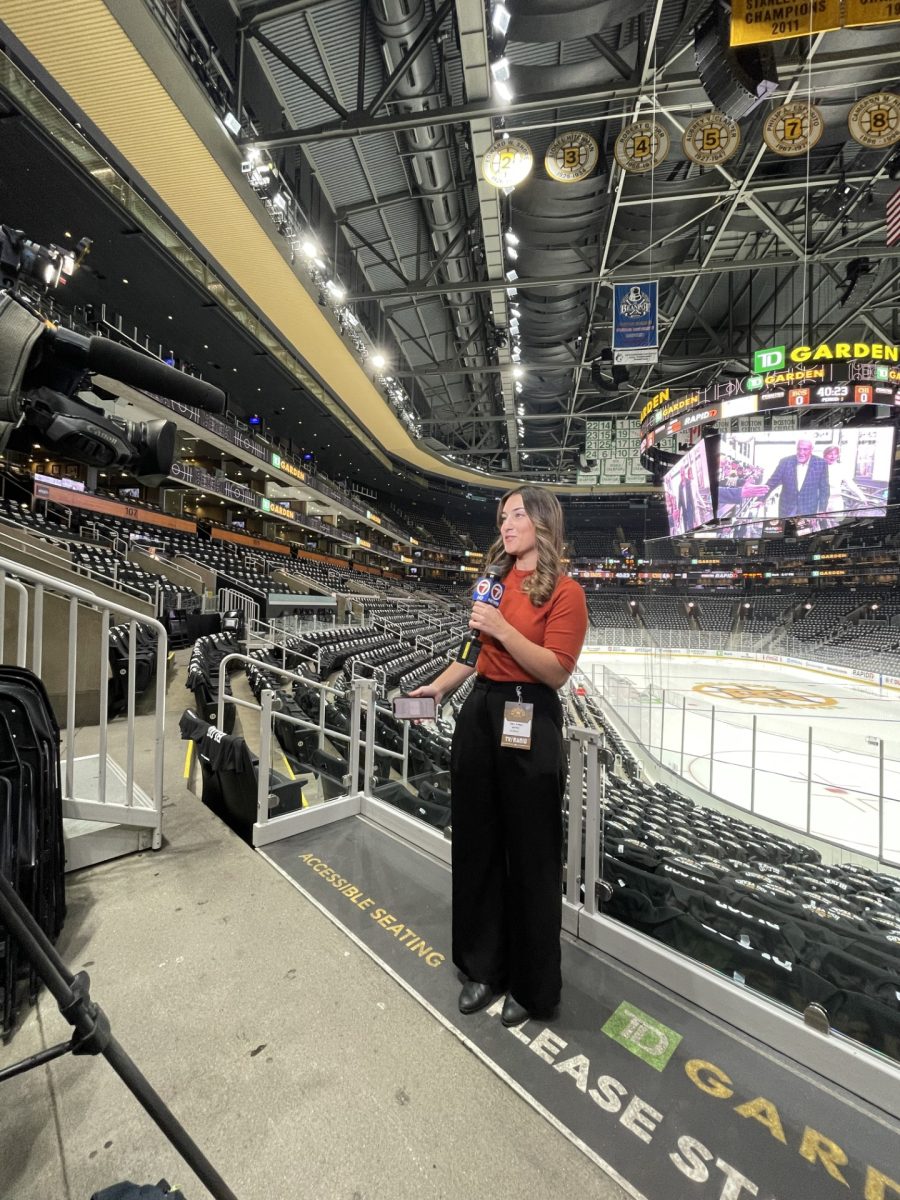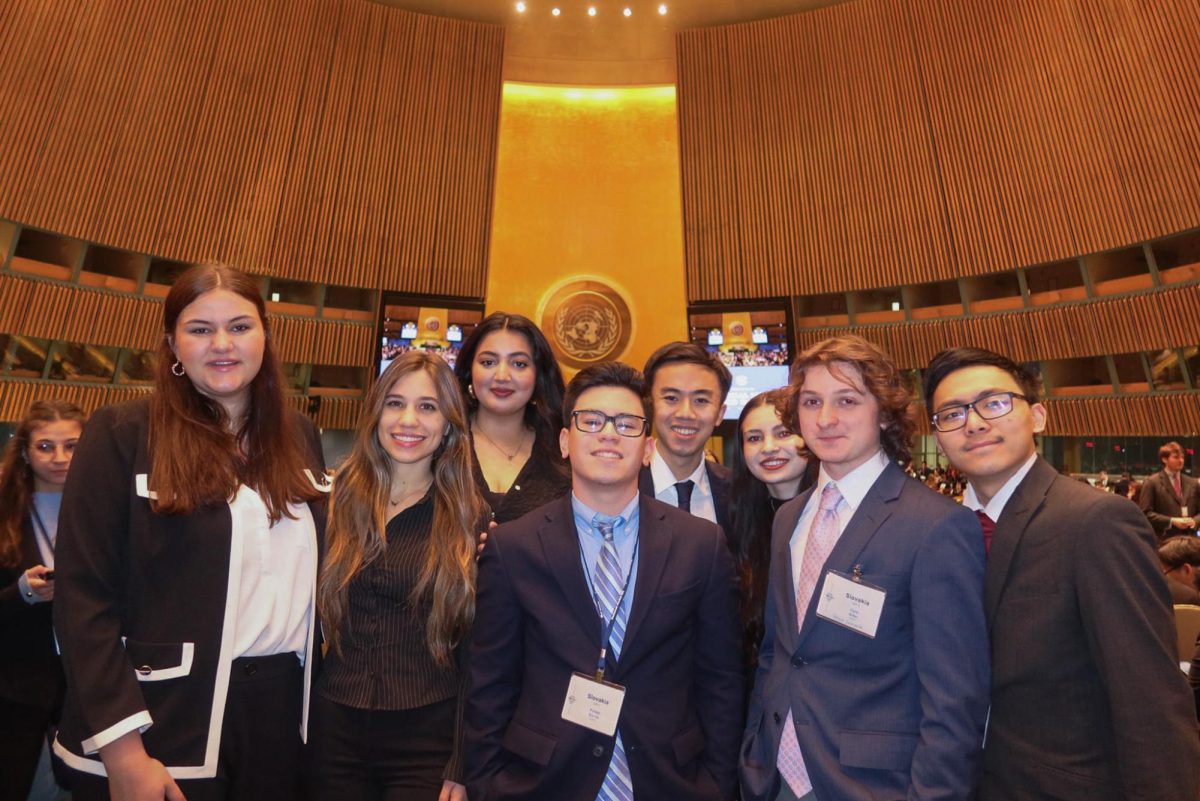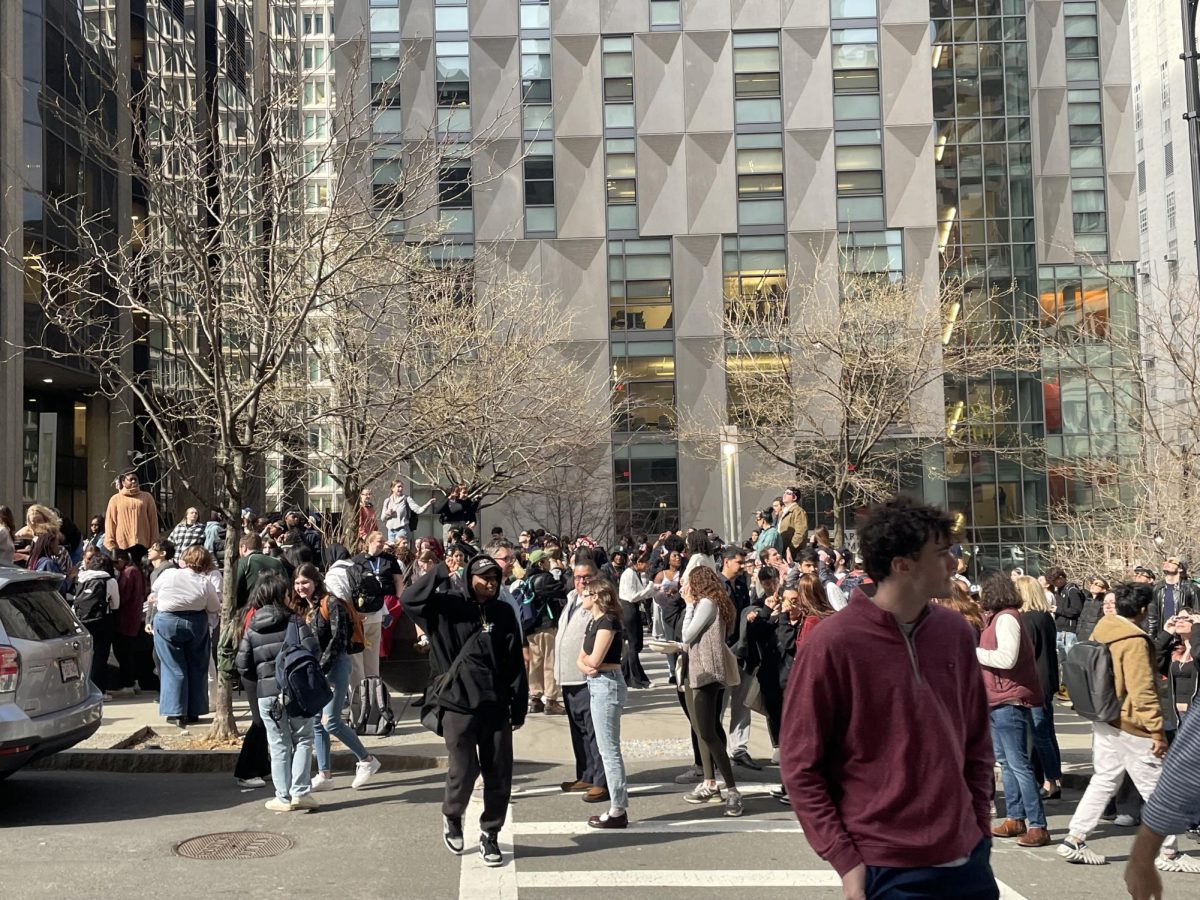Many students and professors at Suffolk University said they find themselves doing more work this semester with remote learning, among other challenges they are facing during the pandemic.
“I find myself doing a lot more work to prepare for and run my courses this semester than I would ordinarily have to in a typical semester,” said Brian Kiniry, a philosophy professor at Suffolk University. “For example, not only do I have to post a lot of items I’d normally not have to post on Blackboard, but I’ve also got to respond to a lot more emails than I ordinarily receive.”
For students that are learning remotely this semester, which now includes every student since all classes went online after Thanksgiving, there is no in-person interaction with their classes. This means professors are receiving more questions over email that normally would have been asked in the classroom.
Lauren Comeau, a Suffolk University junior majoring in print/web journalism and minoring in media and film, has also seen a heavier workload than normal.
“I find that my teachers expect that we do have a lot more time being in our homes to do work,” said Comeau. “But it is extremely difficult now, especially having to take journalism and production classes because I do not have the necessary equipment available.”
Ella Sulloway, a Suffolk University junior majoring in global and cultural communication and minoring in Spanish, said her problem isn’t quite the same, but the semester has still been a struggle.
“I think it’s the same workload, but it feels my ability to focus on schoolwork has severely declined,” said Sulloway. “How am I supposed to focus on such minuscule tasks as the silly busy work that some of my professors assign when the world around me is on fire?”
International students like junior Corrado Pilade, who is from Venezuela and is majoring in economics at Suffolk, have faced similar struggles.
“I do not care about easier grading,” Pilade said. “It feels like some professors are taking advantage of the situation and they are not putting in enough effort to deliver their material.”
In addition, some students rely on campus resources for their class, but now, that access is limited.
On Nov. 10, Suffolk’s Student Government Association (SGA) made the decision to unanimously pass a pass/fail grading option for the semester. On Nov. 17, the administration denied their request to implement the resolution.
Many students took to social media to express their feelings regarding the decision and expressed that having the option make classes pass/fail would ease some of the pressure being felt this semester.
“I understand their reasoning, that too many Ps on a transcript is damaging, but I think they should just warn students of that fact and leave the decision up to the students themselves,” said Sulloway.
Not only do students disagree with this decision, but some professors share the same sentiment.
“I disagree with the university’s decision regarding the pass/fail grading option,” said Kiniry. “At the same time, I understand the importance of maintaining some degree of consistency with grading policies from previous semesters.”
Provost Julie Sandell said in a letter about the decision sent to SGA on Nov. 17 that the university feels the normal grading system protects students from making their transcripts look less appealing to graduate schools and future workplaces.
“The faculty and I are concerned about the impact of multiple semesters of special Pass/Fail grading appearing in students’ transcripts,” said Sandell in the letter. “I believe that potential employers and graduate schools will understand the unique conditions of the spring 2020 semester, but they will be less understanding if the temporary policy extends into additional semesters.”
Sulloway said this semester feels too “business as usual” during an unprecedented and challenging time. She went on to express empathy for her professors because this is not a situation anyone was adequately prepared for.
Kiniry said he is overwhelmed this semester, and isn’t alone.
“Unfortunately for me, I didn’t reduce the number of assignments I typically require my students to submit,” said Kiniry. “As such, assignments which I’d ordinarily return to students within 1 or 2 weeks of their submission are now, on average, taking 3 or 4 weeks to return.”





